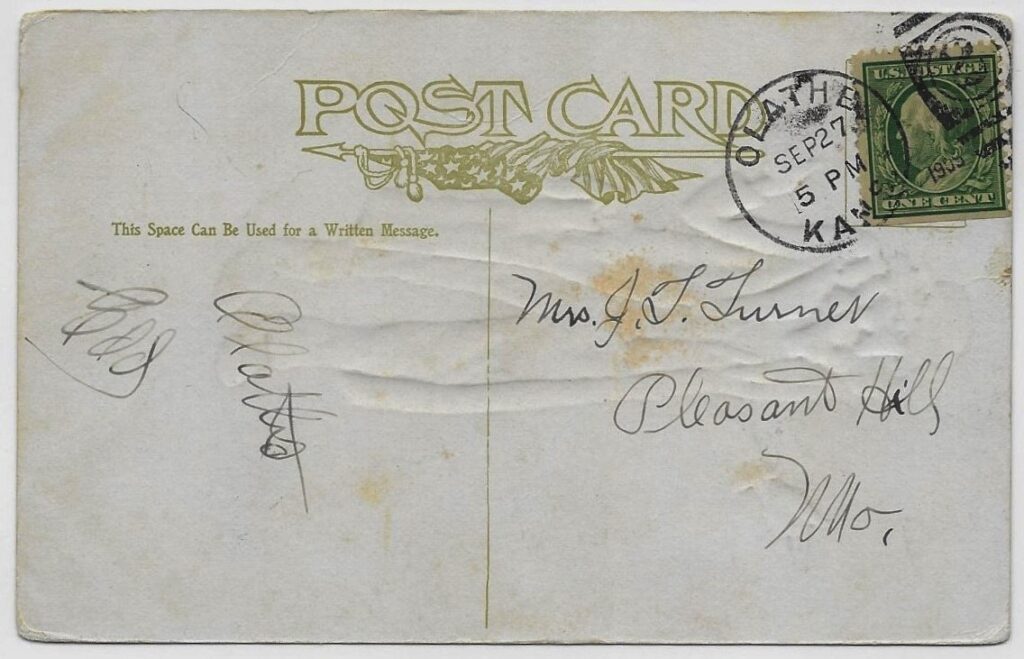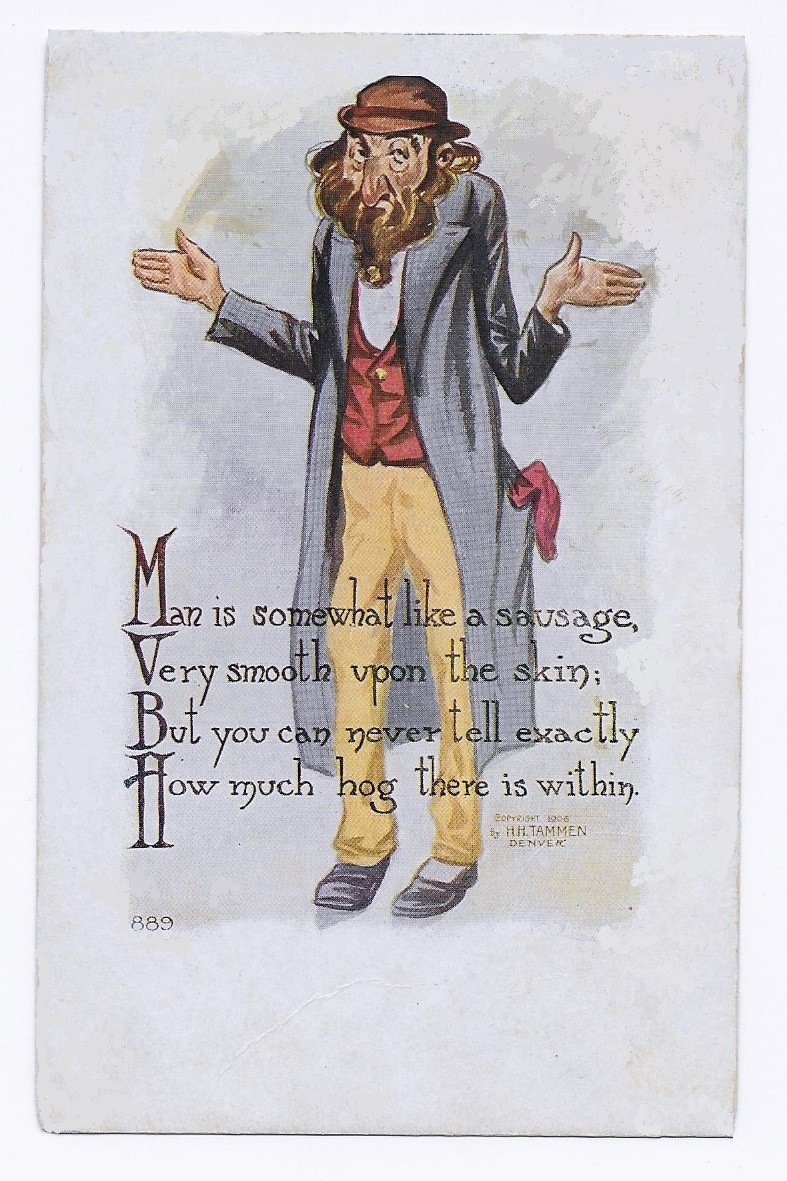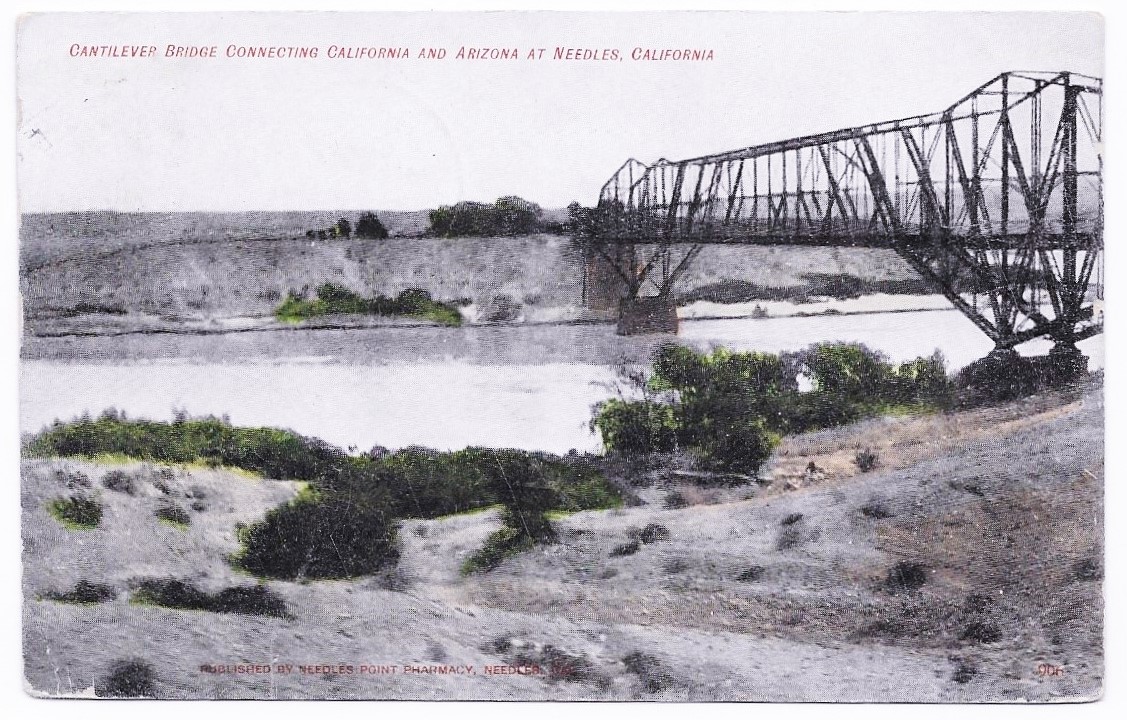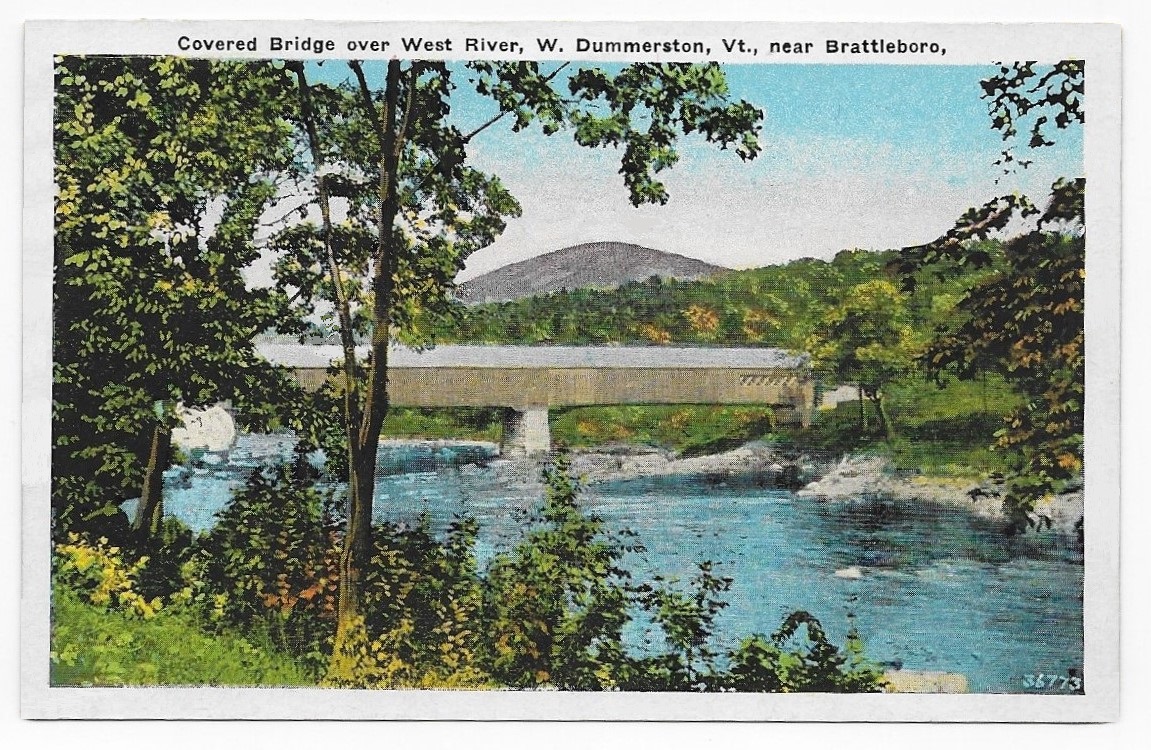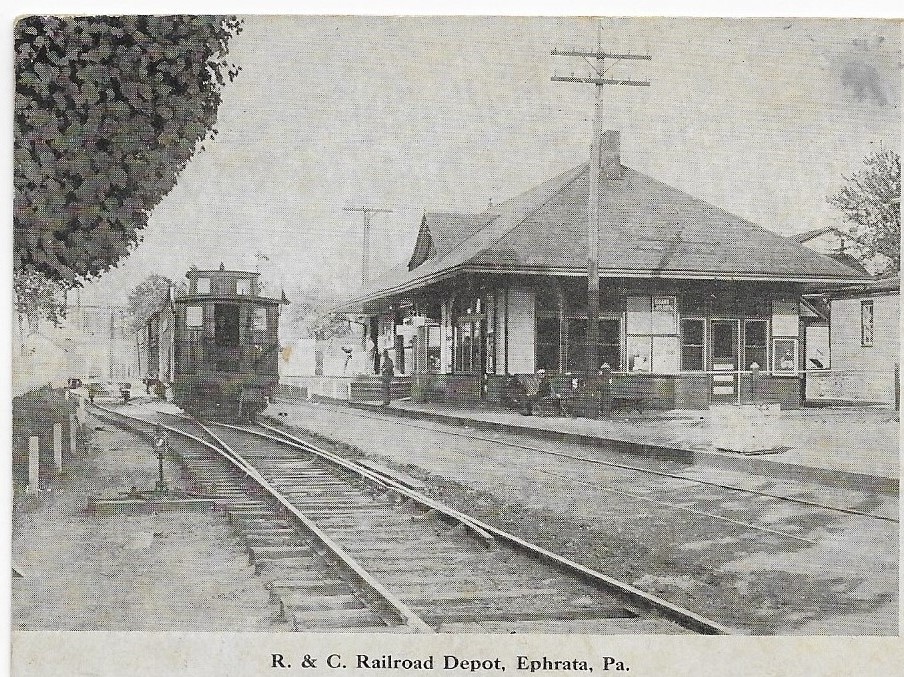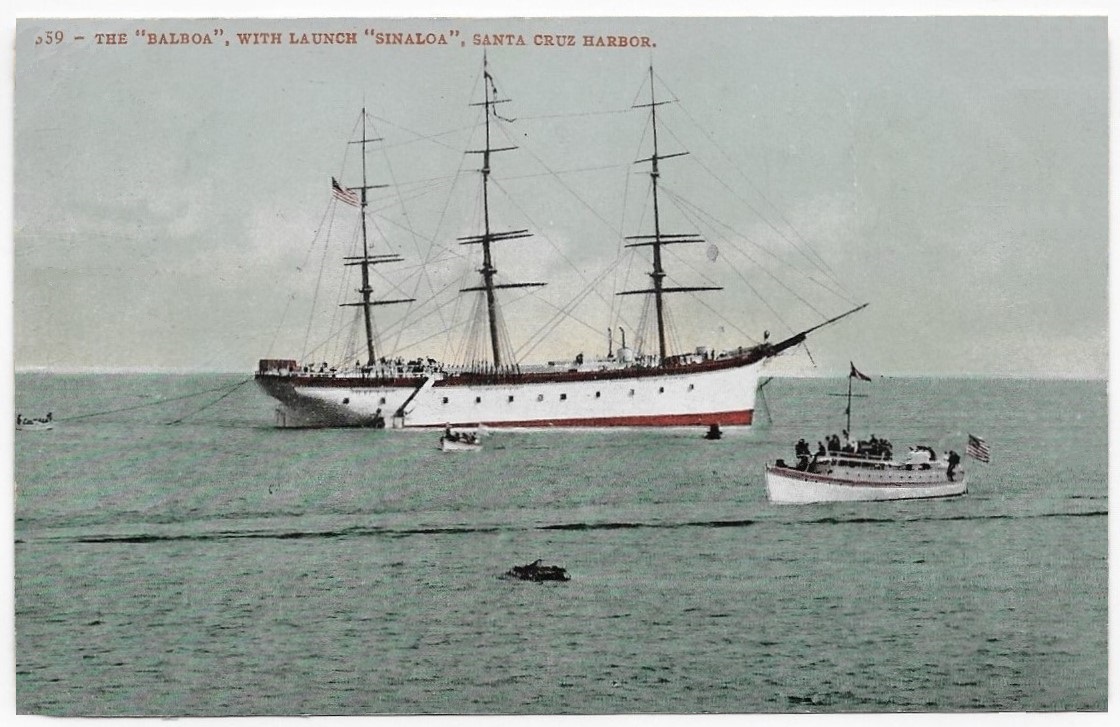This is a comic postcard from the first decade of the 20th century, but the image has features that often appear in anti-Semitic depictions (think Fagin of “Oliver Twist”)
Mrs. F. T. Turner lived in Pleasant Hill, a city on an elevated prairie in west-central Missouri, near the border of Kansas.
Repeated acts of violence occurred in Pleasant Hill in the years leading up to the Civil War as the town was deeply divided in support of the Union cause.
Pleasant Hill was evacuated from 1863 to 1864 by General Order of Union General Ewing to prevent sabotage of Union supplies and to protect from Confederate renegades who had massacred men and boys in western Missouri.
After the war, the town center moved down the slope toward the station of the Pacific Railroad.
https://en.wikipedia.org/wiki/Pleasant_Hill,_Missouri
+ + + + + + + + +
In September of 1909. Mrs. Turner received a comic postcard from an unknown person in Olathe, Kansas.
Olathe, a city in Johnson County of east-central Kansas, is about 40 miles west of Pleasant Hill.
A stop on the Oregon Trail, the Santa Fe Trail, and the California Trail, Olathe flourished as a provider of food and supplies.
However, Olathe experienced pro-southern violence in the period before the Civil War now known as “Bleeding Kansas”.
During the Civil War, Olathe was attacked several times by Confederate forces, and a Union military outpost was established there.
The city declined in importance after the transcontinental railroad was completed.
https://en.wikipedia.org/wiki/Olathe,_Kansas
+ + + + + + + +
The face of the postcard shows a comic drawing of a bearded man shrugging his shoulders – with outstretched hands.
His long coat covers a red vest and light-colored trousers.
Superimposed is a humorous quatrain:
“Man is somewhat like a sausage.
Very smooth upon the skin,
But you can never tell exactly,
How much hog there is within.”
The comic image was copyright in 1906 by H. H. Tammen of Denver.
+ + + + + + +
On the reverse, there is no written message, only the name “Olathe”.
I assume that this name of the city is not also the name of a person.
It is always a possibility that a dealer in old paper added the place name.
We cannot know if the lighthearted postcard had some hidden message – perhaps warning Mrs. Turner about an unsavory male acquaintance.
We do know thar Mrs. Turner preserved the postcard in good condition throughout her life.
